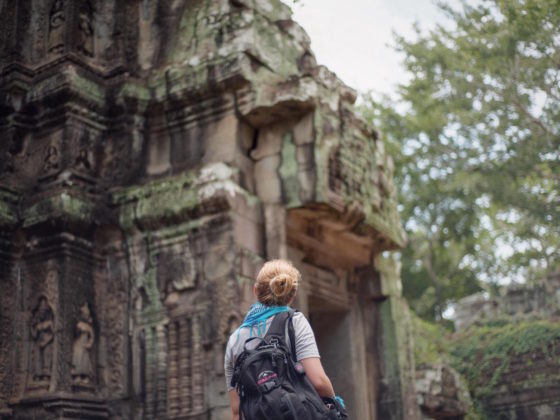1. Learn more about ethical travel.
Travelling is best when we do it in a way that makes the world a better place. Travel blogs and publications provide amazing resources on how to travel ethically — from how to spend money on vacation in a way that benefits communities and creates jobs, to ethical vacations in so-called ‘developing’ nations.
This year, before taking a trip, first do your research. Learn more about the country or region you’re visiting in order to become more culturally sensitive. Support eco-friendly hotels and businesses. Learn about how to support marginalized communities while traveling. Read about the dangers of certain kinds of voluntourism. Acknowledge the privileges many of us travellers have over those who can’t travel.
